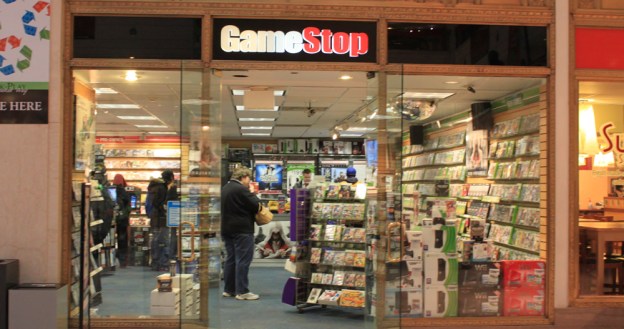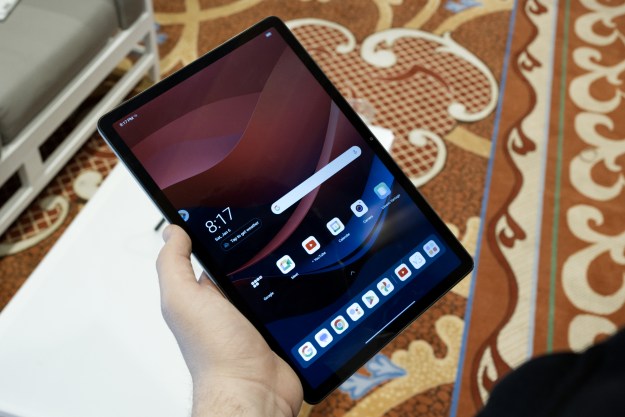 We knew that GameStop had started dealing in non-gaming electronics, but it looks like the retailer is moving ahead in full steam. More than 1,600 GameStop stores now sell Android tablets from Toshiba, Asus, and Acer, and other mobile device manufacturers. If you’re counting, that’s about a quarter of its 6,614 stores worldwide.
We knew that GameStop had started dealing in non-gaming electronics, but it looks like the retailer is moving ahead in full steam. More than 1,600 GameStop stores now sell Android tablets from Toshiba, Asus, and Acer, and other mobile device manufacturers. If you’re counting, that’s about a quarter of its 6,614 stores worldwide.
The move is a sign of the times, and will likely only accelerate as GameStop seeks to (smartly) re-identify itself as more than a place where people buy video games because, unfortunately, in the years ahead, people are going to slowly stop buying physical games at all. Without games, what is GameStop? Well, it appears that it might become an electronics store for gamers. After all, people still need to buy consoles, controllers, and other devices on which to play games.
Though it looks like the next round of video game consoles will still use physical media, Nintendo and Sony have already pledged to increase their online game store offerings with their upcoming Wii U and PlayStation 4 consoles, and Microsoft is likely to follow suit with the next Xbox. As of today’s trends, when possible, many console gamers choose to purchase games online rather than in stores. Used games are still a big business, but digital downloads may ultimately displace this market as well.
This move is also smart because, though tablets and phones are quickly becoming the gaming systems of choice for millions of people, GameStop is completely cut out of the loop. By selling tablets, GameStop is helping manufacturers highlight the gaming capabilities of their tablets and making a strong bid for relevance in the digital world ahead. Many locations also now accept used iPods, iPhones, or iPads.
Editors' Recommendations
- The best tablets in 2024: top 11 tablets you can buy now
- Every Android tablet we’re expecting in 2024
- Samsung just launched a secret Android tablet
- How to root Android phones and tablets (and unroot them)
- The best Android tablets in 2024: the 11 best ones you can buy


